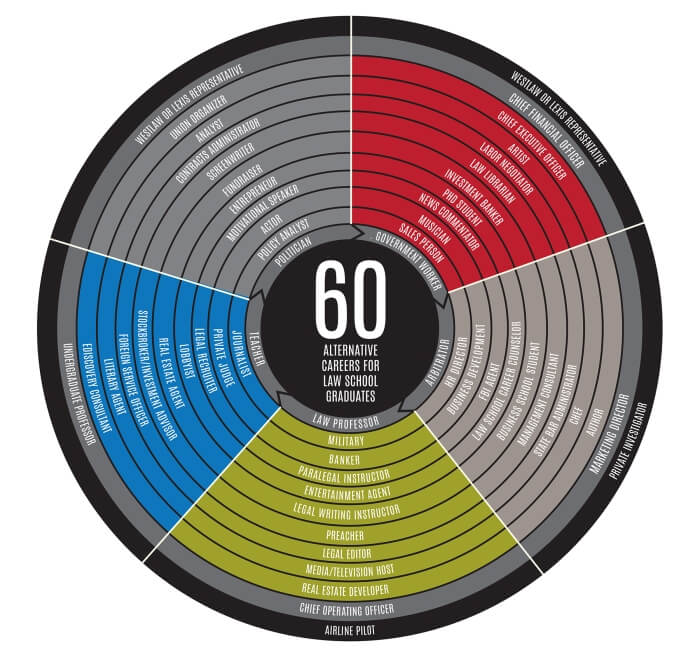Senate Democrats have taken a stand against Supreme Court Justice Samuel Alito’s recent statements regarding Congress’ authority to regulate justices’ ethics. In response, they are calling for his recusal from cases involving legislation on this subject. The move marks an escalation in the ongoing debate over ethics and transparency within the nation’s highest judicial body.
Led by Judiciary Committee Chairman Dick Durbin and joined by nine other Democrats from the panel, the Senators penned a letter to Chief Justice John Roberts. In the letter, they request that Roberts take necessary actions to ensure Justice Alito’s recusal from any future cases related to the regulation of the court.
This move comes in the wake of revelations concerning undisclosed luxury trips taken by private jet and real estate transactions involving some of the justices. The Judiciary Committee recently approved a Democratic-backed bill that advocates for a binding ethics code for Supreme Court justices. However, due to staunch Republican opposition, the bill faces significant challenges in becoming law.
See also: Justice Alito Asserts Congress Cannot Impose Ethics Code on Supreme Court
Unlike other federal judges, the Supreme Court’s nine life-tenured justices currently operate without a binding ethics code. They are, however, subject to specific financial disclosure laws. The Senators’ letter addresses recent interviews in the Wall Street Journal’s opinion section, where Justice Alito expressed his belief that Congress lacks the authority to regulate the court.
Trust BCG Attorney Search to connect you with top legal employers in your area. Search now!
Alito’s assertion that “no provision in the Constitution gives [Congress] the authority to regulate the Supreme Court” has drawn strong disagreement from the Senators. They not only challenge the accuracy of his interpretation but also express concerns that his public stance could prejudice potential future cases.
The Senators also highlight a potential conflict of interest in their letter. They point out that David Rivkin Jr., one of the interviewers who spoke with Justice Alito, represents litigants in an upcoming tax case scheduled for argument during the court’s next term. The Senators raise concerns that Rivkin’s involvement and interactions with Alito could impact the justice’s ability to impartially fulfill his duties in a case where Rivkin represents one of the parties.
The statement from the Senators reflects broader concerns about ethical standards and transparency within the Supreme Court. Justice Alito’s decision to write an op-ed defending his failure to disclose a 2008 trip to Alaska on a private jet owned by a billionaire hedge fund manager has further fueled these concerns. The disclosure of this trip, along with revelations about ties between other justices and influential individuals, has drawn attention to potential conflicts of interest.
Simplify your legal research. Subscribe to JDJournal and stay informed with just a click.
Recent Supreme Court decisions, particularly those related to abortion rights, gun control, and affirmative action, have amplified both liberal criticism and conservative praise. Amid this backdrop, Chief Justice Roberts had previously communicated his principles and practices for ethics. He stated that individual justices should make recusal decisions themselves to avoid a scenario where the court’s composition could unduly influence case outcomes.
The Senate Democrats’ call for Justice Alito’s recusal showcases an intensified effort to address transparency and ethics concerns within the Supreme Court. As the legal and ethical discussions continue, the implications for the court’s credibility and the public’s perception of its impartiality remain significant. The dynamics between Congress, the judiciary, and questions of ethics are poised to influence future debates on the functioning of the highest court in the land.
Don’t be a silent ninja! Let us know your thoughts in the comment section below.










































